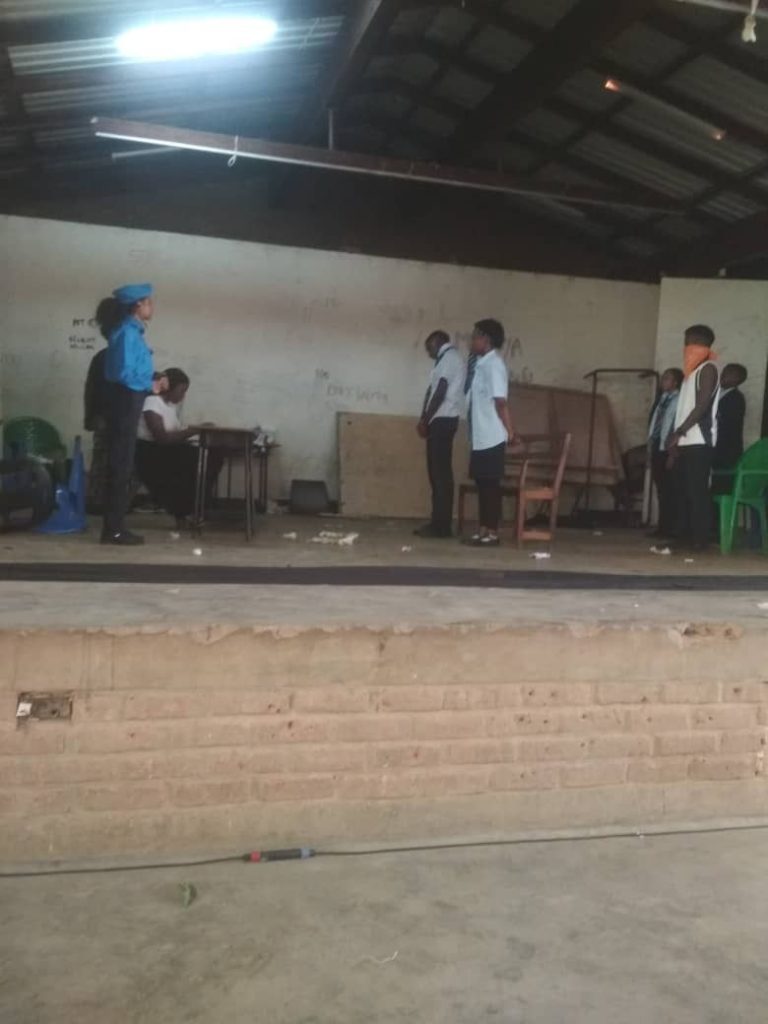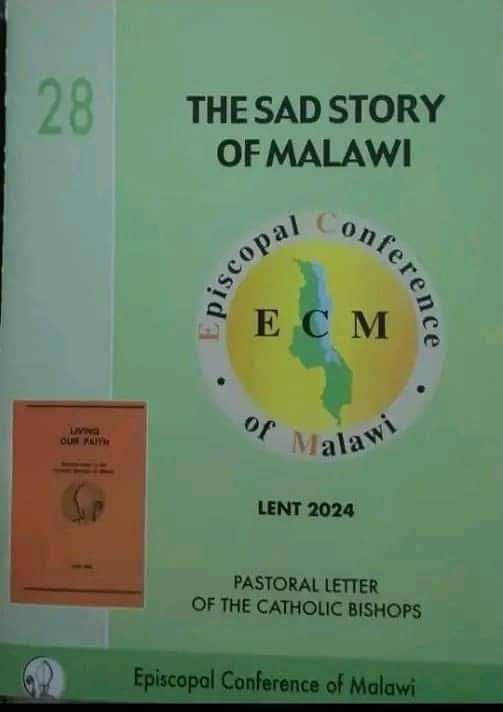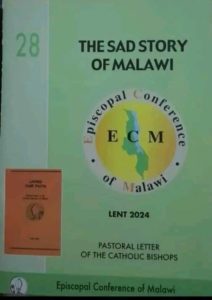By Twink Jones Gadama
In the heart of Malawi, the vibrant city of Blantyre is facing a challenging situation that is threatening the future of many young children who rely on the Mary’s Meals school feeding programme. The organization, known for its commitment to fighting hunger and providing meals to school children in need, is now expressing deep concern over the skyrocketing food inflation in the country, which is putting a strain on their resources and ability to continue feeding those who rely on them.
During the unveiling of Lawi as Brand Ambassador for Mary’s Meals, the Country Director, Angela Chipeta-Khonje, spoke boldly about the impact that the rising food inflation is having on their ability to reach and feed the most vulnerable children in Malawi. With food inflation currently at a staggering 43 percent, the cost of providing meals to school children has become increasingly difficult for the organization.

Chipeta-Khonje emphasized that now, more than ever, it is crucial for the corporate world to come alongside Mary’s Meals and support their mission of feeding the children of Malawi. The organization has been a lifeline for many young students, ensuring that they receive at least one nutritious meal a day so that they can focus on their studies and thrive in school. However, with the current economic challenges, there is a real concern that the programme may not be able to sustain its operations and reach all the children who desperately need their help.
Out of the 5 million children in early childhood development and primary school in Malawi, only 2 million are currently being fed through school feeding programmes, and Mary’s Meals is providing meals to 1 million of those children. The impact of these meals goes far beyond just filling empty stomachs; it boosts attendance rates, improves academic performance, and empowers children to break the cycle of poverty that has plagued their communities for generations.
The school feeding programme run by Mary’s Meals has been a beacon of hope for many families in Malawi, giving them the assurance that their children will receive a nutritious meal each day while they attend school. For some children, this may be the only meal they have access to, making it a critical lifeline in their lives. However, with the current food inflation crisis, there is a real fear that this lifeline may be in jeopardy.
The impact of high food inflation is not just felt by Mary’s Meals, but by families across Malawi who are struggling to put food on the table. The rising cost of basic necessities like maize, cooking oil, and vegetables is making it increasingly difficult for families to afford even the most essential items. This economic strain is only exacerbating the already dire situation for many families who are living in poverty and struggling to make ends meet.
As Angela Chipeta-Khonje pleaded for support from the corporate world, she highlighted the urgent need for assistance in maintaining the school feeding programme and ensuring that every child in need is reached. The work of Mary’s Meals is essential in providing a pathway out of poverty for many children in Malawi, and without the support of donors and partners, their mission is at risk.
In a country where education is seen as a key to breaking the cycle of poverty, the importance of the school feeding programme cannot be overstated. It is not just about providing a meal; it is about giving children the opportunity to learn, grow, and thrive in a supportive environment. For many children in Malawi, Mary’s Meals is the difference between a future filled with hope and one filled with hunger and despair.
As the people of Malawi grapple with the impacts of high food inflation and economic uncertainty, the plea from Mary’s Meals is a call to action for all who believe in the power of education and the importance of investing in the future of our children. The time to act is now, before it is too late for the millions of young lives that depend on the generosity and compassion of organizations like Mary’s Meals. The future of Malawi’s children is at stake, and it is up to all of us to ensure that they have the chance to succeed and thrive.









